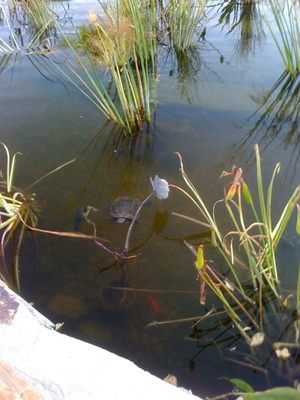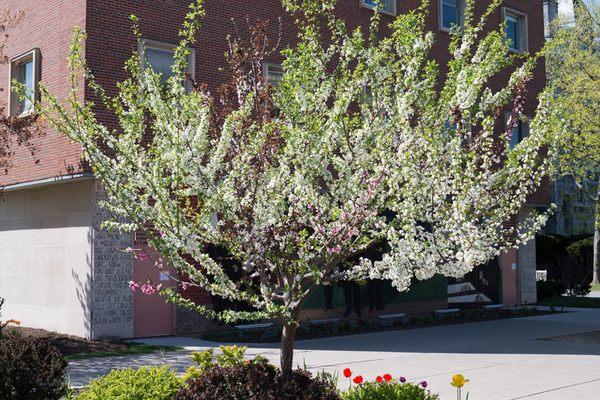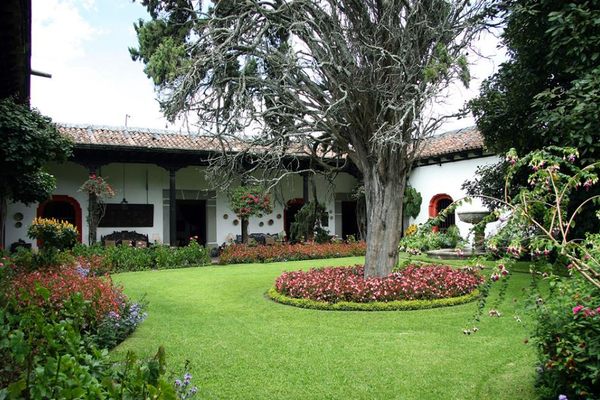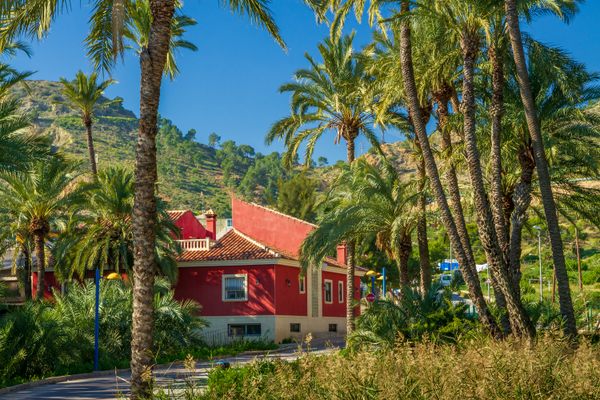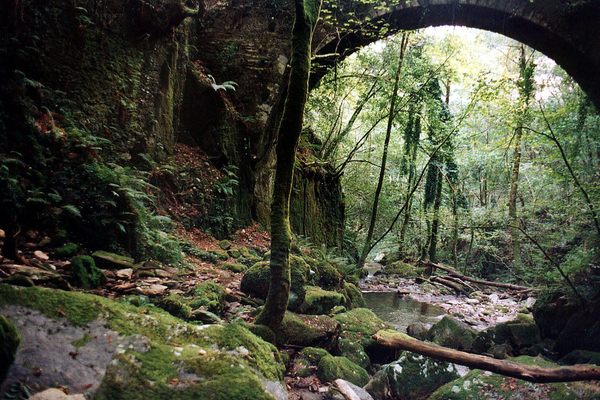About
A pond, a bistro and an observatory, the orange grove has thousands of fresh, free oranges waiting to be picked.
Ask anyone on the campus that hosts this grove about the oranges, and you'll get a slew of different rumors about why you can't eat them.
"It's a felony!"
"Biology classes do experiments on them!"
"The school secretly poisons them so you won't eat them and get sick!"
The logic is flawless.
Pretty much everyone has heard from someone, somewhere, that you can't just eat the oranges. That would be too good to be true, to just be able to waltz into a garden of free, fresh food.
The truth is that there are more than enough Valencia oranges for all of the 33,000 students on campus, and anyone else who simply walks in to the gateless garden. Occasionally charities like Food Forward have fruit-picking days, in which they have gleaned over 15,000 pounds of oranges in one day with only a few dozen volunteers.
The grove has been protected by the Associated Students of CSU Northridge as an historic site since 1972. The San Fernando Valley used to be almost all citrus groves, but most were razed as development of businesses and residences became more profitable. These 400 trees represent the last remnant of that period of history. Some of the trees have been there since 1952, and have withstood multiple attempts by the school to replace the garden with buildings or a parking lot.
Anyone from anywhere can pick oranges at any time from the orange grove. It is not illegal nor poisonous nor gross or frowned upon. It's a good way to spend an hour around campus or after an evening at the Valley Performing Arts Center, and you can stop to feed the red-eared slider turtles in the pond or grab lunch at the bistro.
Related Tags
Know Before You Go
On the corner of Nordhoff and Lindley
Published
September 15, 2013




